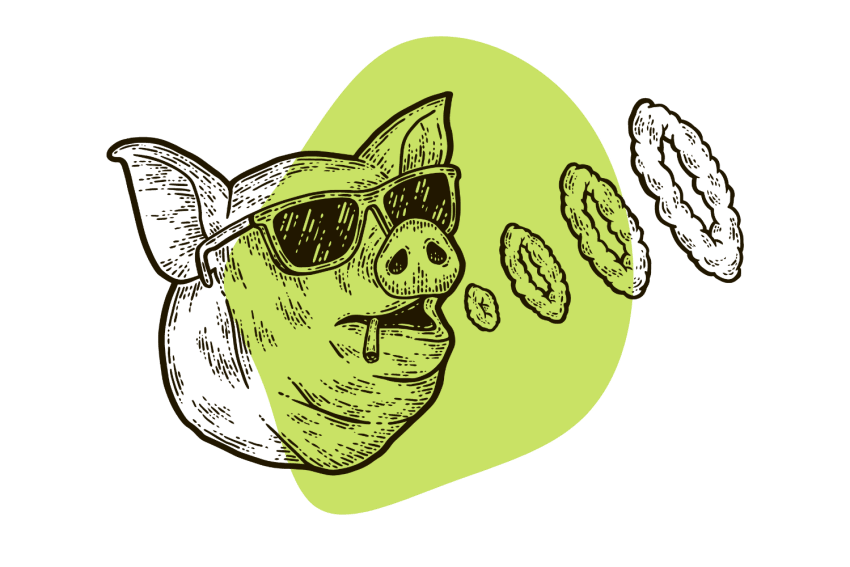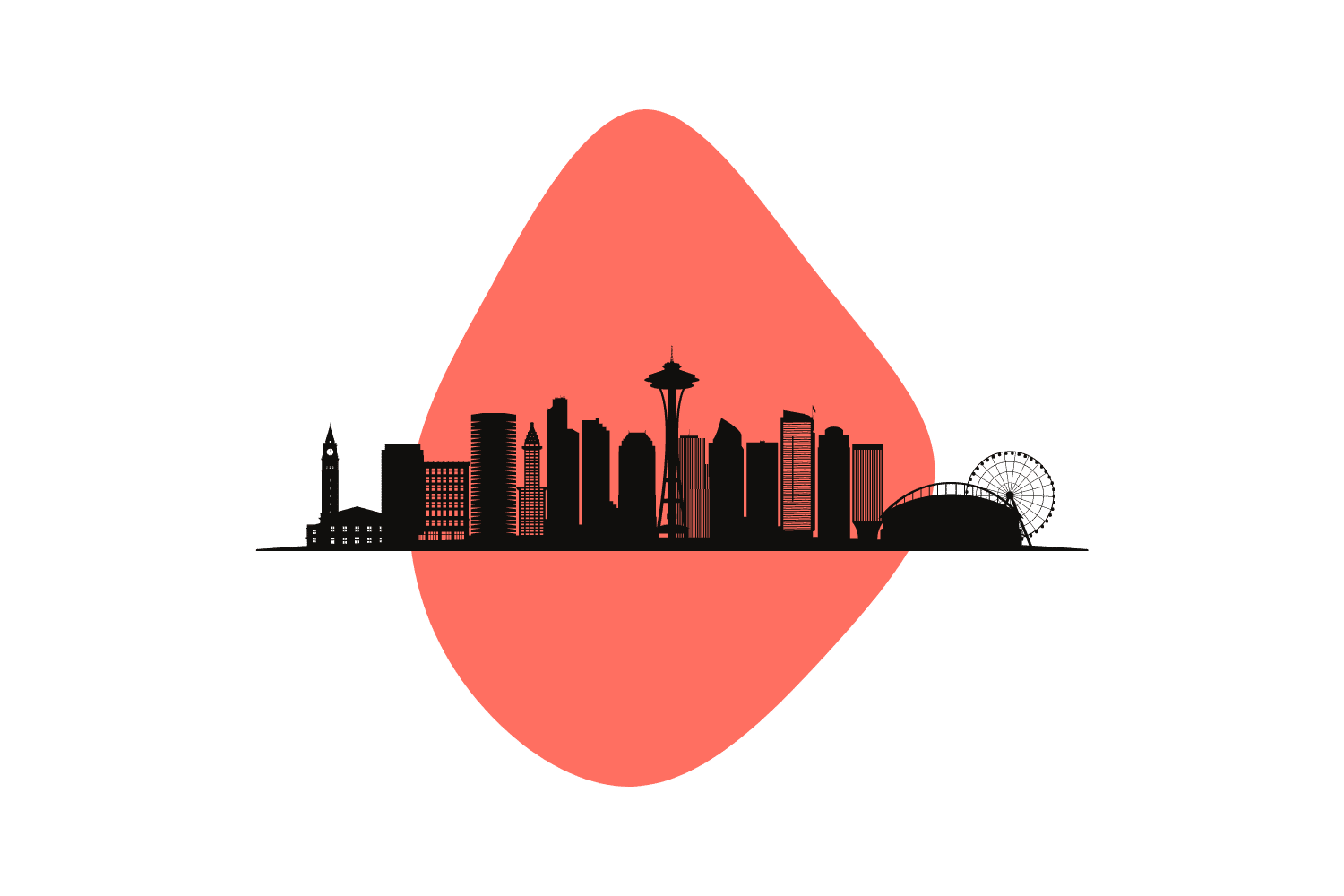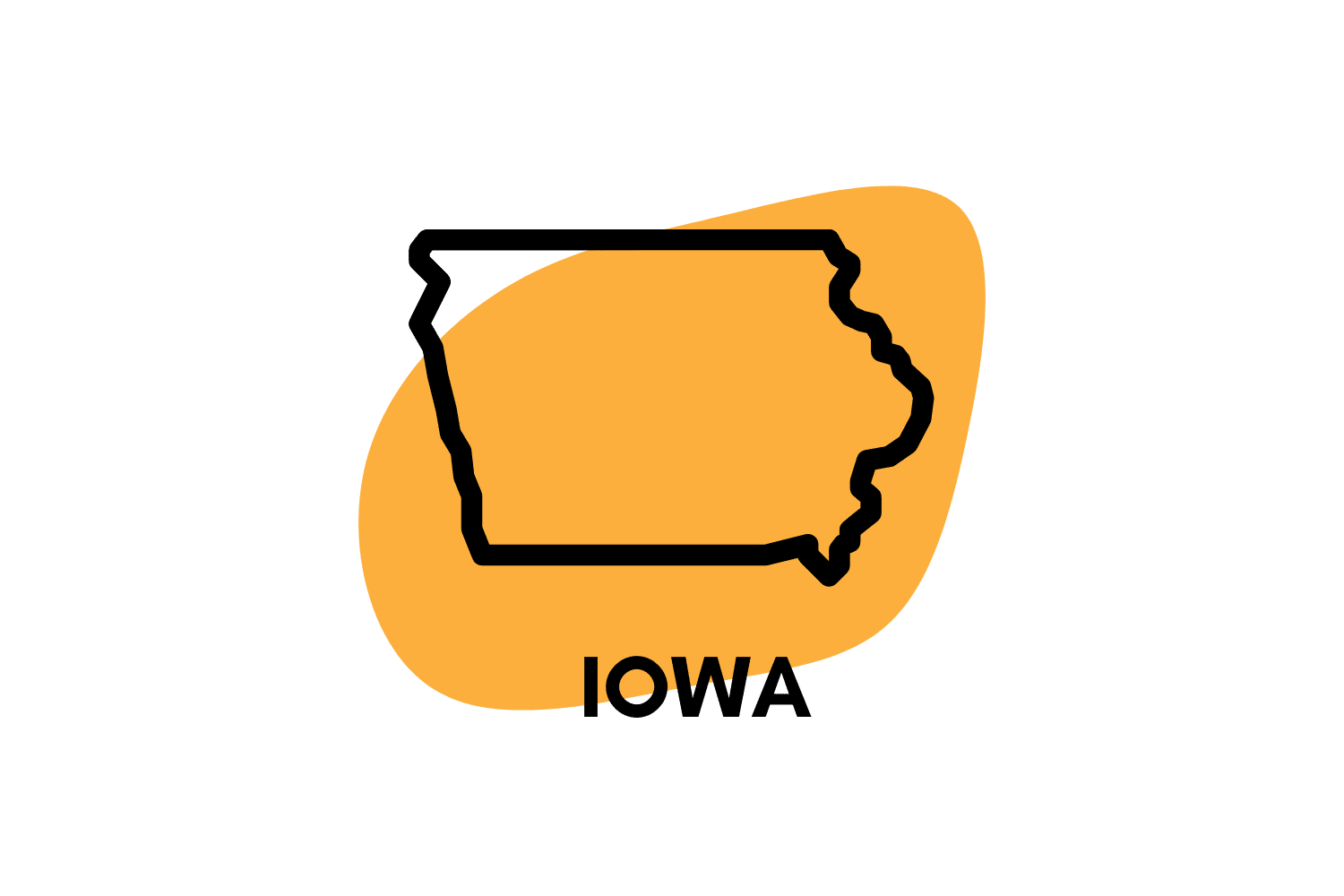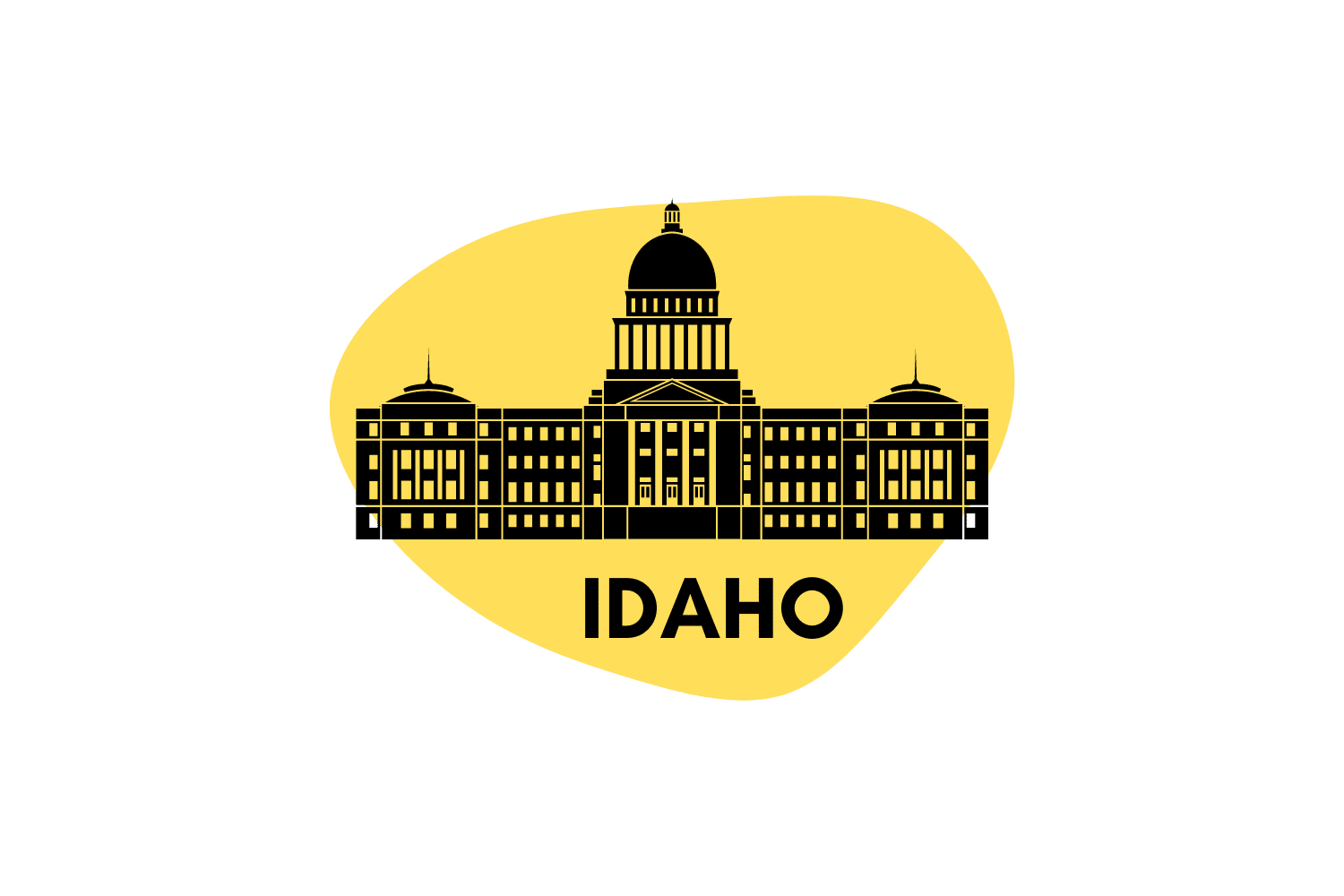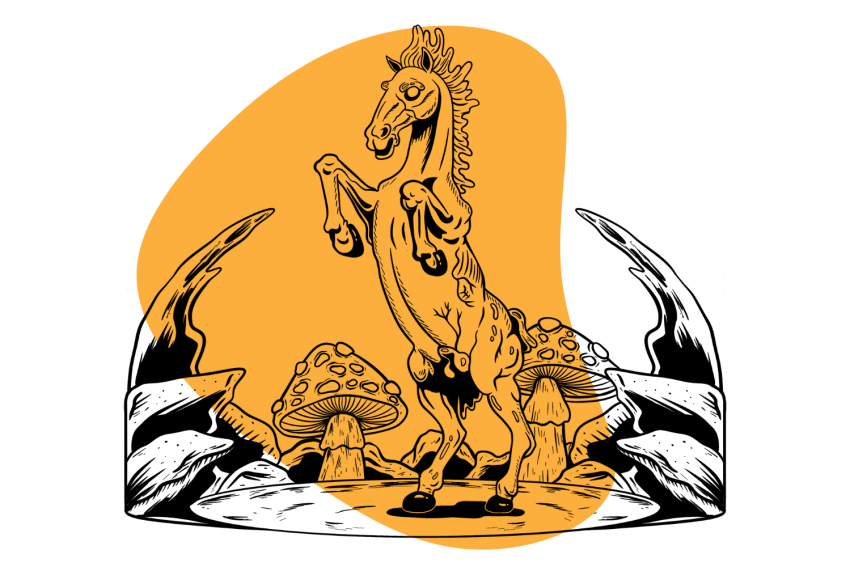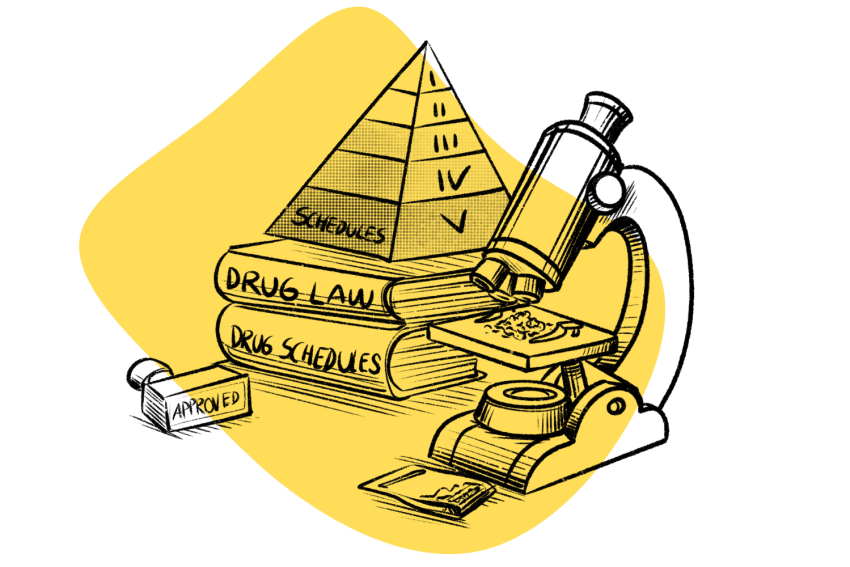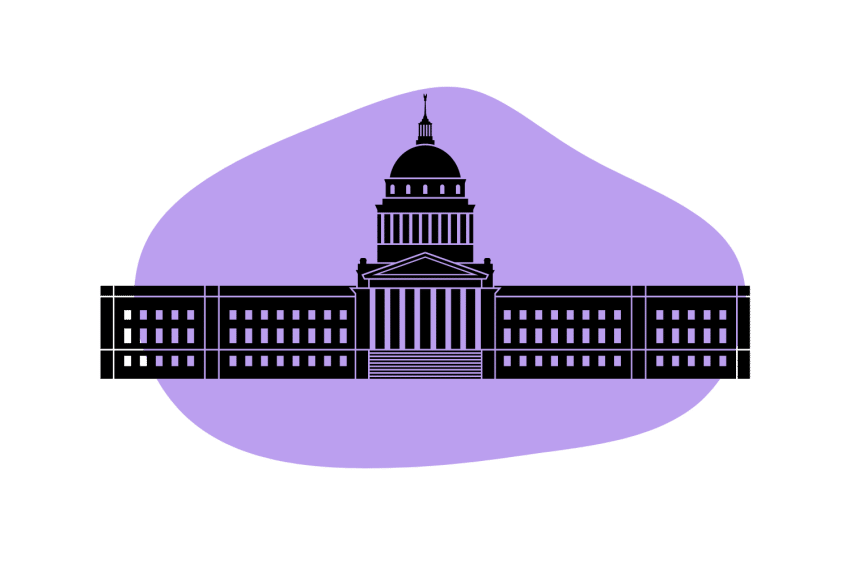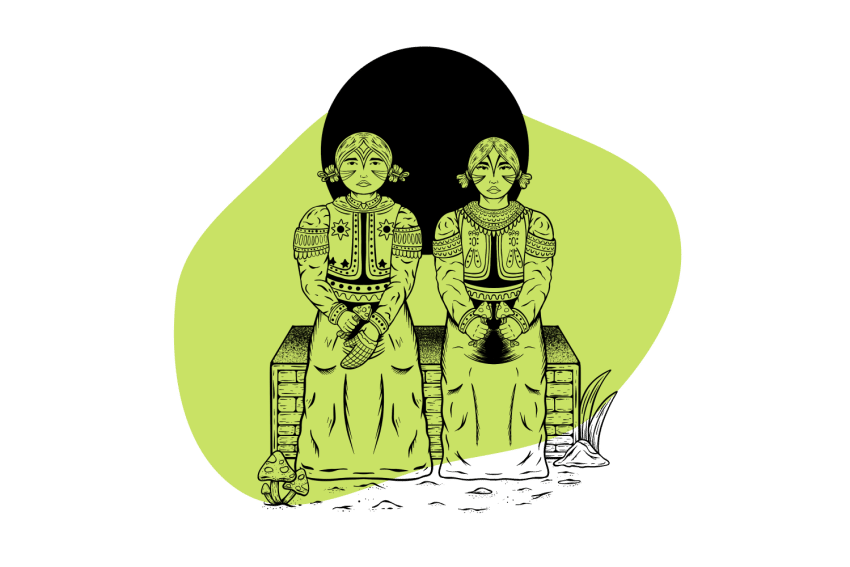Will California Legalize Psychedelics in 2023?
California’s Senate Bill 58 seeks to decriminalize the “possession, preparation, obtaining, transfer, … or transportation of, specified quantities of” several psychedelics.
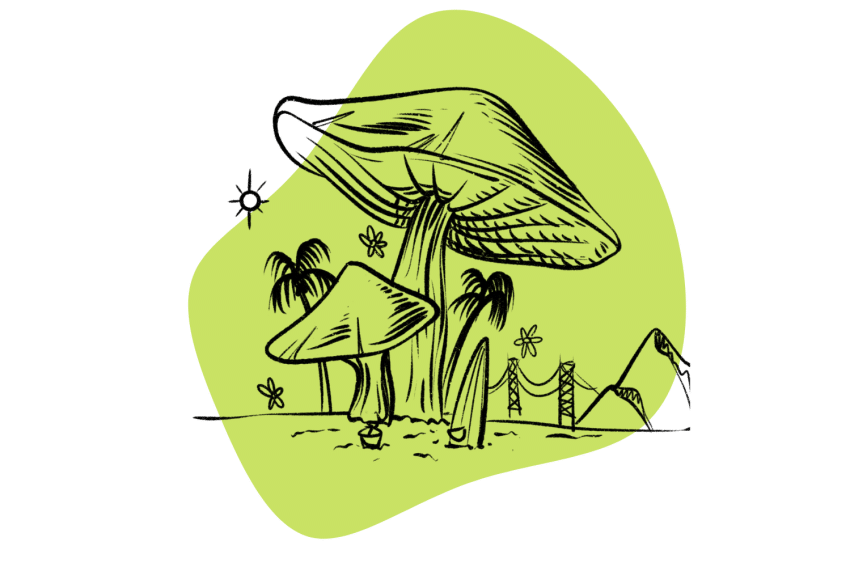
California established itself as a frontrunner for ending the war on drugs by being the first state to legalize medical marijuana in 1996.
Since doing so, it has often fallen behind others — seven US states legalized recreational cannabis before California, two (Oregon and Colorado) have decriminalized psychedelics, and Oregon is already starting to facilitate psilocybin treatments.
Senator Scott Wiener recently introduced Senate Bill (SB) 58, his latest attempt at legalizing the use of some psychedelics. While there are limitations on the substances and what people can do with them, SB 58 would “make lawful” several things previously forbidden.
Is this enough to return California to its status as a frontrunner in ending this war?
Should California Residents Count on Psychedelic Legalization in 2023?
It’s unclear whether the bill will make it as-is through the legislative process and into policy. A first vote of any kind is not likely to happen until the spring.
SB 58 technically calls for decriminalization — or the removal of the criminal penalty for an offense. Normally, we’d make a point of distinguishing this from legalization, but things are a bit more ambiguous with this effort.
Some of the language indicates it will be more far-reaching than other decriminalization efforts and potentially a lot more exciting. Namely, these two main factors:
- Carry Limits — The possession limits are quite large, and the bill’s language even gives context for “facilitated or supported use involving multiple persons.”
- Activity — Unlike other decriminalization efforts, this explicitly states decriminalization for the preparation, transportation, and “transfer” of these substances. This offers a framework to provide the drug for others while still stopping short of legalizing its sale.
Let’s break these down and explain why they matter:
The Outlined Carry Limits in SB 58
Most decriminalization efforts meet resistance from advocates because of their restrictive limits on how much people can possess at one time. That will likely not be the case for SB 58 if it passes through as it currently stands.
Limitations for these substances are as follows:
- 2 grams of DMT — Enough for at least 20 heavy trips using N,N-DMT in the least effective way (insufflation.)
- Fifteen grams of ibogaine — 15–30 trips worth.
- Two grams of psilocybin/psilocin or 4 oz of mushrooms — 20–30 heavy doses.
- The limits for mescaline are harder to find, but a representative for Sen. Weiner informed us it would be four grams and would not include peyote.
More important than these high carry limits is the way they apply — these are on a “per person” basis. As the bill states, “in the context of facilitated or supported use involving multiple persons,” this law calls for the aggregation of each person’s limit.
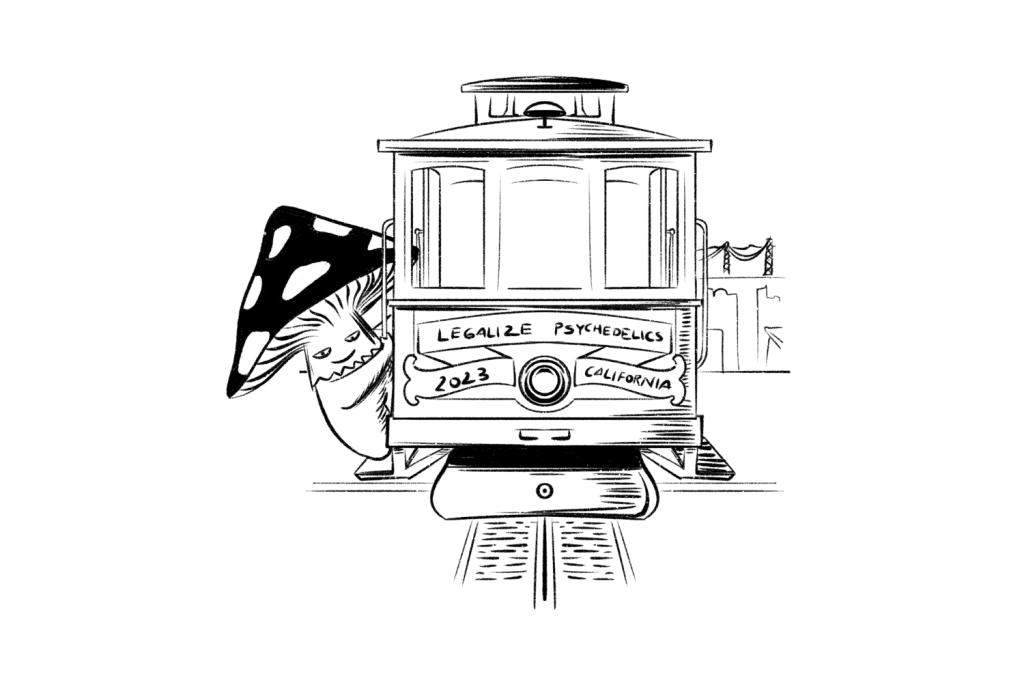
As we’ve seen with the timid decriminalization practices in British Columbia, large carry limits are not typical. While these numbers may decrease as the legislation moves through the process, it’s starting at an encouraging place.
Activities SB 58 Makes Legal
Technically speaking, it’s still illegal to charge for these psychedelic substances, and “financial gain” from them is still against the law. That said, the bill specifically states this does not apply to “reasonable fees for counseling, spiritual guidance, or related services … in conjunction with facilitated or supported use” of them.
So, while you can’t charge a person for the mushrooms you’re giving them, there is now a framework to bill clients for the facilitation of these services. Creating a path to bring the underground to the public is huge — it helps remove stigmatization and ensures the safety of participants.
Often, decriminalization efforts aim to shift the focus of authorities from drug users to drug suppliers. To wit, they rarely include language like this or protections for anyone providing the drugs.
Looking out for the people who use drugs but enabling them to find practitioners outside of having to hunt in the shadows is a big differentiator for this bill.
What Isn’t Allowed in SB 58?
There are a few elements of SB 58 that upset advocates. The major one is the restriction of substances it speaks to, only covering “natural” psychedelics.
This law specifically applies to DMT, ibogaine, mescaline (excluding peyote), psilocybin, and psilocin. In doing so, it ignores the promising research into LSD, MDMA, and other psychedelics.
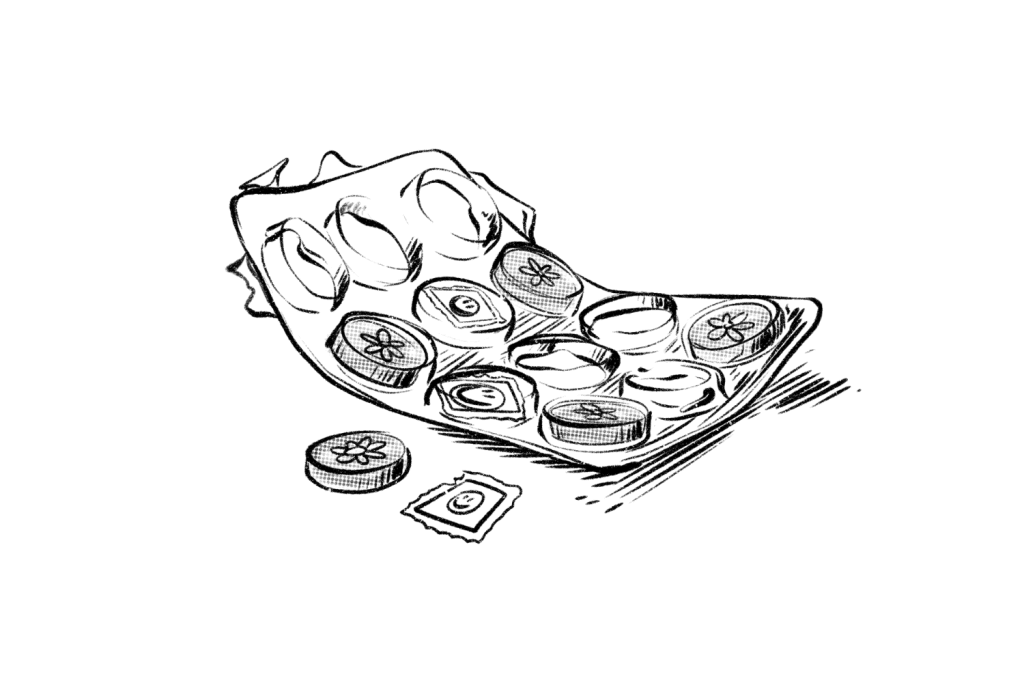
So-called “natural exceptionalism” frequently tries to claim that naturally occurring drugs are healthier than synthetic ones. No real basis exists for this — research into the topic concluded 150 μg of LSD and 30 mg of psilocybin were almost entirely comparable, other than the duration [1].
While California is taking a step toward ending the stigma of drug use, it actively perpetuates it for other substances.
Differences Between SB 58 & Previous Attempts
Senator Weiner brought this bill forward to fulfill a promise he made after his last one failed. SB 519 was almost identical except for the addition of LSD and MDMA.
After narrowly passing the California Senate, Weiner had to delay the bill after discovering there weren’t enough votes for passage in the house. It took another year of waiting for the bill to make its way to the committee responsible for determining whether the full assembly would vote on issues with a financial burden.
While the committee pushed it through for a vote, it first amended it into oblivion. By the time the bill came out of the other side of the committee, it was only authorizing research on the effects of the proposed legislation.
Weiner pulled the bill from a vote, vowing to return and try again.
Why Only Include Naturally Occurring Drugs?
Weiner is likely hoping the passage of drugs from natural plants and fungi will make it more likely to pass. Whether this is true is uncertain — we asked, but the office of Sen. Weiner did not respond — but, regardless, it’s unfortunate we must rely on ignorance as a method to sway votes.
LSD may be a synthetic drug, but its physiological effects are similar to psilocybin; some are even less harsh. MDMA may have risks, but it also has some of the most robust research surrounding it — particularly for PTSD and other serious conditions [2].
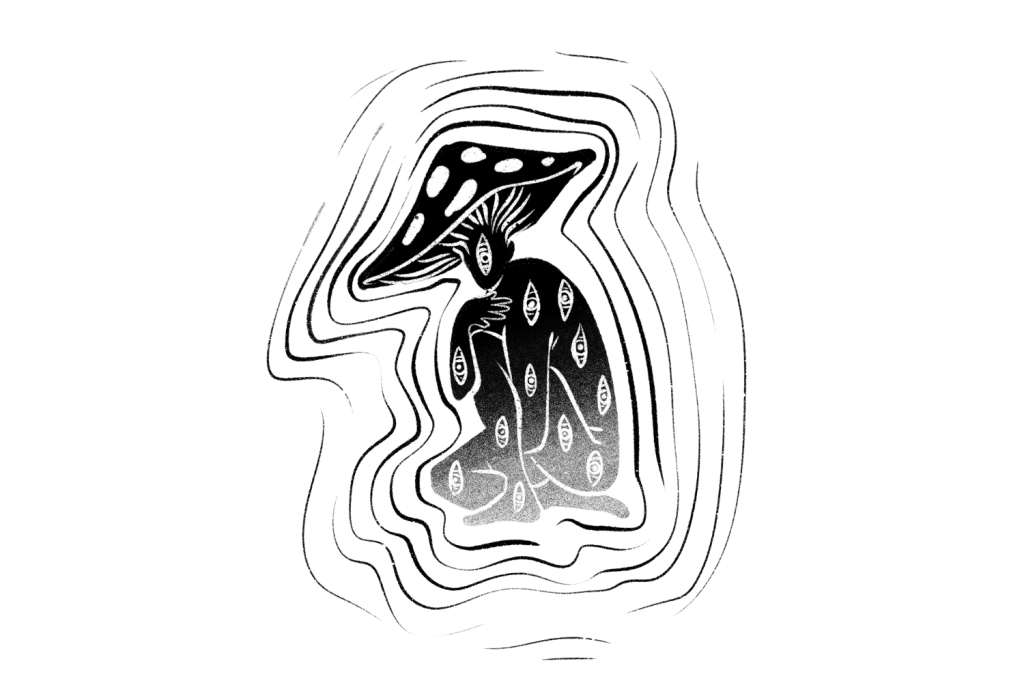
MDMA is largely responsible for swaying many republicans following the research on veterans. It’s the biggest psychedelic to cross the political aisle — but scientists must make it in a lab.
Excluding LSD and MDMA on the grounds of their synthetic creation is akin to banning aspirin and only allowing people to buy willow bark. The simple fact of the matter is we can create some cool stuff in labs, and there’s nothing wrong with that.
Let’s also not forget how criminalization has led to the extreme adulteration of MDMA throughout the world. We can both appreciate the majesty of a mushroom naturally producing psilocybin and the mastery of creating LSD in a lab.
There’s nothing mutually exclusive about either option.
Summary: Will CA Residents See Psychedelic Legalization in 2023?
Only time will tell if SB 58 has a different fate than its predecessors did. Often, legislative change happens slowly through a large buildup of disregarded bills and proposals before one gets through.
Standing on the mountain of failures before them, successful bills can finally get through the bureaucracy associated with a politician having to say, “Maybe we were wrong about that one.” Hopefully, this won’t be the case here, and California can get back to leading the charge for ending the war on drugs.
Though, even if this does pass, California still has some work to do if they want to take back the lead.
References
- Holze, F., Ley, L., Müller, F., Becker, A. M., Straumann, I., Vizeli, P., … & Liechti, M. E. (2022). Direct comparison of the acute effects of lysergic acid diethylamide and psilocybin in a double-blind placebo-controlled study in healthy subjects. Neuropsychopharmacology, 47(6), 1180-1187.
- Mitchell, J. M., Bogenschutz, M., Lilienstein, A., Harrison, C., Kleiman, S., Parker-Guilbert, K., … & Doblin, R. (2021). MDMA-assisted therapy for severe PTSD: a randomized, double-blind, placebo-controlled phase 3 study. Nature Medicine, 27(6), 1025-1033.

